Electives
Electives
Depending on the student’s interests and academic goals, students have the option to select one of the two elective tracks offered, and upon successful completion of each module within the chosen track, they will earn 12 credits towards their degree.
The COVID-19 pandemic has changed how businesses operate. More than before, harnessing technology to create economic value plays a crucial role in the modernisation and growth of corporations and countries. A technopreneur has the potential to make that difference. Through the Technopreneurship Track, students will be exposed to the entire spectrum of an entrepreneur’s journey. From conceptualisation to identifying business opportunities, from raising funds, and scaling up operations to exiting the business. As our society moves ahead with the new normal, the technopreneurial mindset would enable businesses not only to survive but thrive in an increasingly VUCA world.
Technopreneurship Elective Track I – Tech Discovery
This module aims to nurture the technopreneurial mindset and spirit in students. They will be able to identify opportunities in both local and global market space and evaluate business ideas using the Business Innovation Framework. Students will also be introduced to branding and marketing, particularly for start-ups, and craft an effective pitch deck from scratch. Through the use of Business Model Canvas, they will be able to visualise and address key areas in the business and create value propositions to customers.
Technopreneurship Elective Track II – Tech Makerspace
This module aims to provide an applied and collaborative learning experience with the intent to inspire entrepreneurial thinking and innovation. Students will be exposed to the 5 key practices of entrepreneurship education; experimentation, creation, empathy, play and reflection. Student teams will employ the MVP (Minimum Viable Product) approach for their venture and continuously pivot to serve their targeted market segment better.
Technopreneurship Elective Track III -Tech Venture & Acceleration
This final, two semester long experiential module aims to expose students to the numerous avenues to rapidly progress and scale their technopreneurship venture. They will be introduced to the different stages of start-up funding and the expectations that come at each stage. Student venture teams will be paired with relevant mentors from the faculty or industry. They will also have exclusive access to customised workshops focused on raising competencies to address challenges in their venture and “Shark Tank” pitching sessions to perfect their business pitch. Student will also take part in GCIT’s cornerstone competition, Technopreneurship Hack-to-Compete.
Cybersecurity Elective Track I – Cyber Growth Conversation
In this conversation, we explored the topic of cyber growth, discussing the various aspects and implications of the increasing use and importance of technology in our lives. We then delved into the specific technologies and their applications, covering use cases for Internet, AI, and blockchain, as well as practical research activities for understanding new cyber technology. We also talked about the skills and competencies required for technical specialist. Throughout the conversation, we emphasized the importance of staying up-to-date with technological advancements and being aware of their potential benefits and risks. Overall, our conversation highlighted the rapidly changing landscape of cyber growth and the many opportunities and challenges it presents for individuals, organizations, and society as a whole.
Cybersecurity Elective Track II – Secured Coding
Secured coding is the practice of developing software applications that are designed to be resistant to cyberattacks. It involves following secure coding practices and standards to reduce the risk of vulnerabilities and threats in the software development process. In secured coding, developers use secure coding techniques to identify potential vulnerabilities in the code, including input validation, error handling, and access control. They also implement security controls, such as encryption, hashing, and secure communication protocols, to protect data from unauthorized access and interception. Overall, the implementation of secured coding practices is essential in protecting software applications from cyber threats and ensuring the confidentiality, integrity, and availability of sensitive information.
Cybersecurity Elective Track III – Ethical Hacking
Ethical hacking is taught using a process of identifying and exposing vulnerabilities in computer systems and networks in a lawful and ethical manner. It involves using the same tools and techniques as malicious hackers but with the goal of improving security rather than causing harm. The main aim of ethical hacking is to identify security weaknesses and prevent cyber attacks before they can cause harm to an organization or individual. Ethical hacking involves various stages, including reconnaissance, scanning, gaining access, maintaining access, and covering tracks. In each stage, ethical hackers use different tools and techniques to identify security flaws and vulnerabilities, and then report their findings to the organization’s security team. Overall, ethical hacking plays a crucial role in helping organizations stay ahead of cyber threats, and ensures that systems and networks remain secure and resilient against potential attacks.
